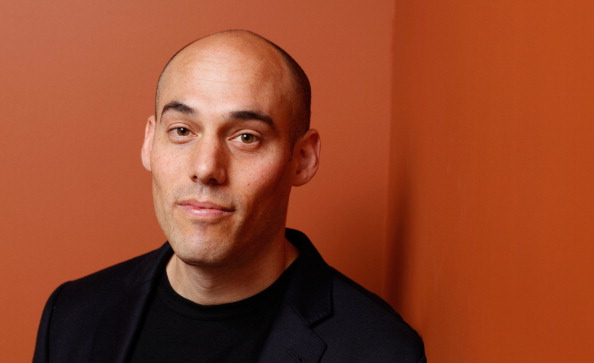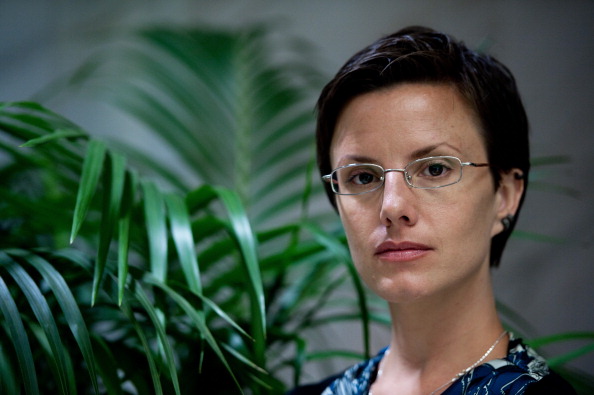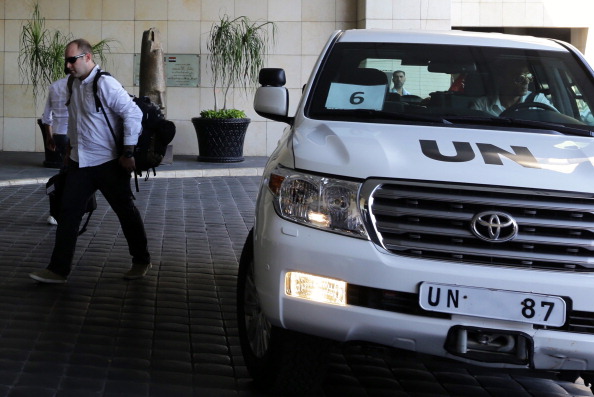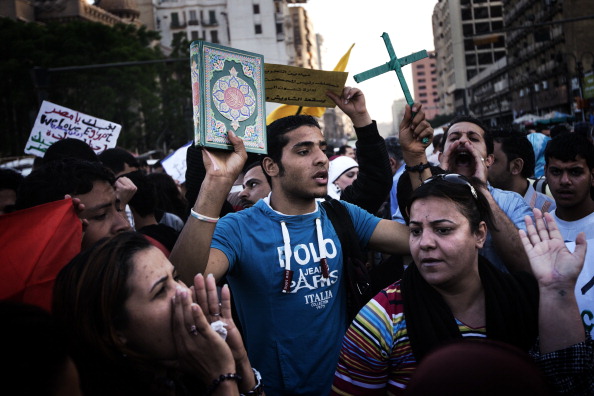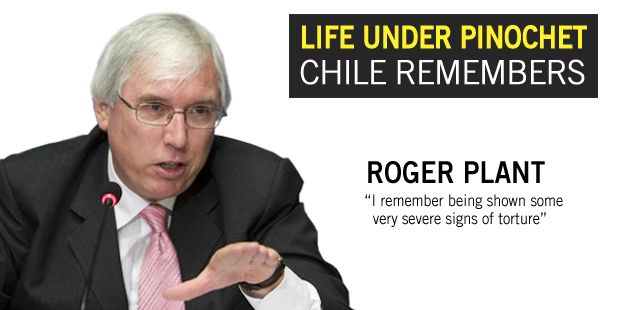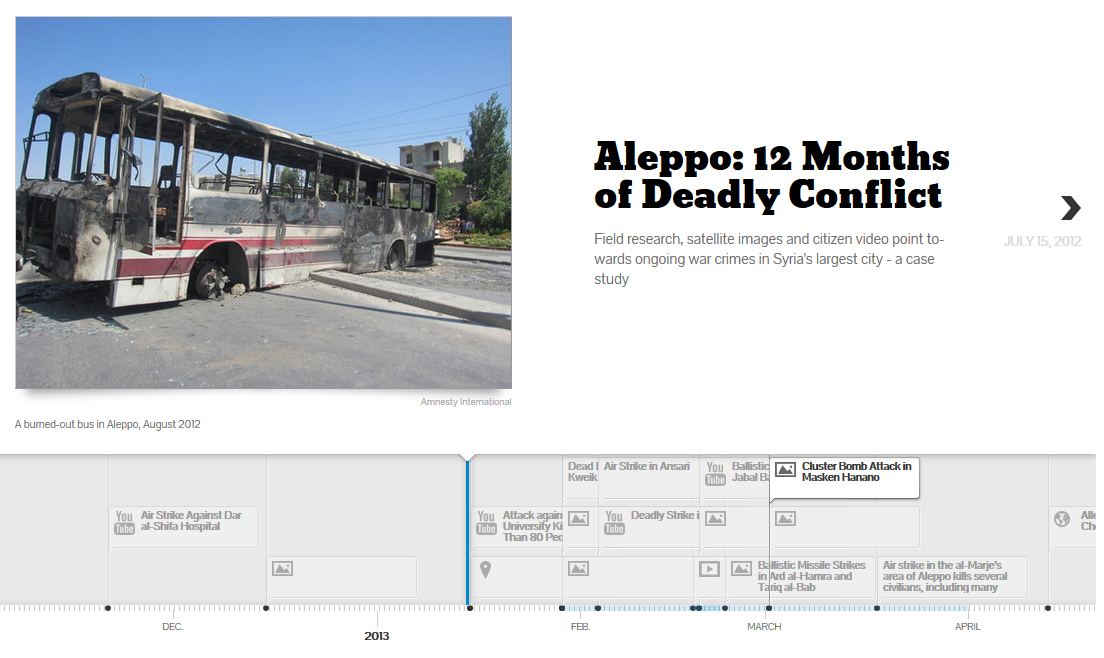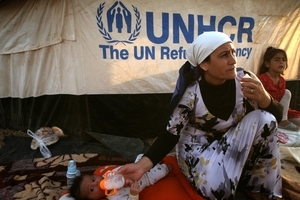
The U.N. refugee agency has announced that the refugees fleeing the Syrian conflict have surpassed 2 million (Photo Credit: Safin Hamed/AFP/Getty Images).
By Charlotte Phillips, Amnesty International’s Researcher on Refugee and Migrants’ Rights
It is difficult not to feel overwhelmed by the scale and brutality of the conflict in Syria, the massive displacement and deep suffering it is causing countless human beings.
António Guterres, the U.N. High Commissioner for Refugees, has described the Syrian conflict as “the great tragedy of this century – a disgraceful humanitarian calamity with suffering and displacement unparalleled in recent history.”
This situation has deteriorated rapidly in recent weeks after videos emerged showing scores of civilians apparently killed by chemical weapons in towns outside Damascus.
